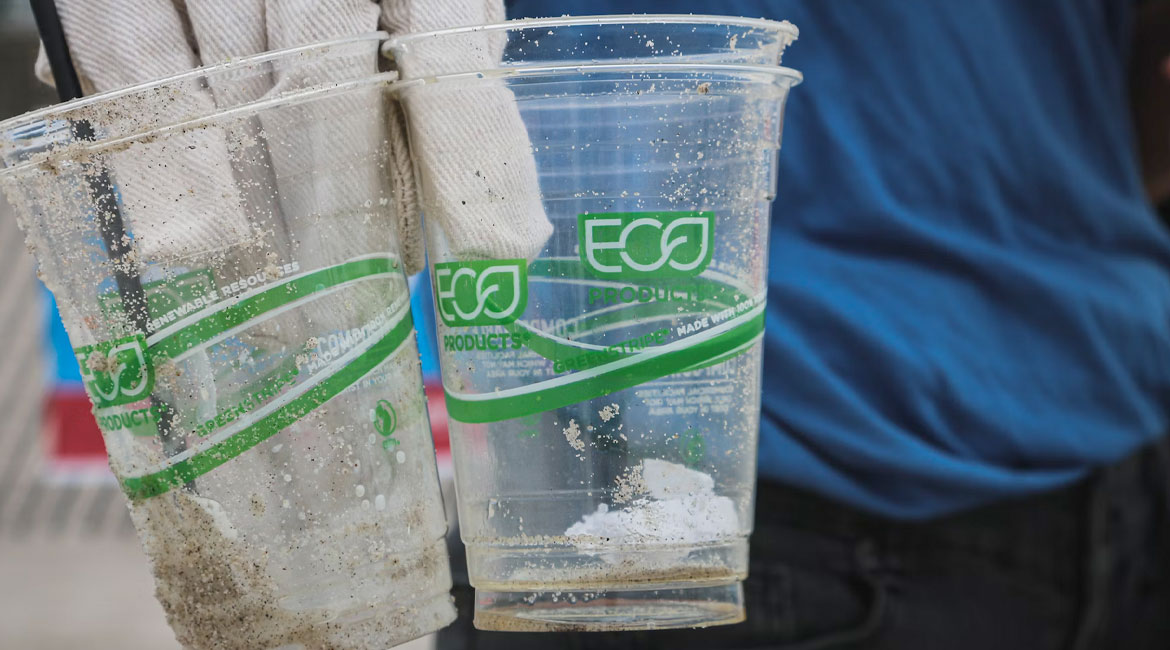Greenwashing is a growing concern among consumers, investors and public institutions alike. In my opinion, it is a misleading and dangerous trend that undermines the progress towards a more sustainable economy.
Greenwashing refers to the practice of making misleading claims about the environmental benefits of products, services or investments, often in order to boost sales or investor interest. This is done without any genuine effort to reduce environmental impacts, and is therefore dishonest and harmful.
European countries and regulators addressing the issue
Many European countries and regulators have recognized the dangers of greenwashing, and have taken steps to address it. The European Union has been particularly active in this area, with the establishment of rules and guidelines to encourage private and public actors to act concretely to avoid the derailment of finance and the economy towards sustainability.
For example, the EU introduced a Green Bond Standard in 2020, which aims to create a trusted label for green bonds that meet certain criteria, such as funding environmentally beneficial projects. This standard requires issuers to disclose detailed information about the use of proceeds, and undergo third-party verification to ensure that the bond meets environmental standards.
Another important development is the EU Taxonomy, which is a classification system for sustainable economic activities. It sets out criteria for determining which activities can be considered sustainable, based on their contribution to environmental objectives such as climate change mitigation and adaptation, and the protection of biodiversity.
The Taxonomy is intended to provide investors and companies with a common language and framework for assessing the sustainability of economic activities, and to help steer investments towards sustainable projects.

The dangers of greenwashing
Greenwashing is not only dishonest, but it can also be harmful to the environment and society. It undermines the credibility of genuine efforts to promote sustainability, and can lead to the misallocation of resources. In my opinion, this is particularly concerning given the urgent need to transition to a low-carbon economy in order to mitigate the impacts of climate change.
Research by the European Commission has found that many claims made by companies in relation to the environmental performance of their products or services are exaggerated, misleading or false.
For example, a survey conducted in 2019 found that 42% of green claims made in advertising in the EU were deemed to be potentially misleading or unverifiable. Another survey conducted in 2020 found that 53% of claims regarding environmental products were “vague, misleading, or unfounded.” This is a worrying trend that could undermine the progress towards a more sustainable future.
Conclusion
Greenwashing is a trend that we need to address urgently. It undermines the credibility of genuine sustainability efforts, and can have harmful environmental and social impacts. However, it is encouraging to see that European countries and regulators are taking steps to address the issue, with initiatives such as the Green Bond Standard and the EU Taxonomy. As consumers and investors, we also have a role to play in holding companies accountable for their claims, and in supporting genuinely sustainable products, services and investments.



